
Transcription
POLITICS AND REPRESENTATION OF THE POOR
Any reasonable conception of justice and fairness would require that all parties judged under the law would be treated EQUALLY regardless of class. Unfortunately, the evidence uncovered by surveys indicates that the State of Texas poor often do not have equal access to justice due to various political aspects of the current judicial and criminal justice systems. The political barriers for the poor manifest themselves in at least three situations.
First, judges feel political pressure from County Commissioners to control expenses related to indigent criminal defense. This pressure is VERY REAL. Nearly half of all judges (48.1%) report that judges in their jurisdiction have been contracted by county commissioners about controlling the cost of their court's general budget and a similar number (50.2%) have been controlling the cost of their court's general budget and a similar number (50.2%) have been contracted specifically in regard to the cost of indigent criminal defense.
One judge observed that "Commissioners look at the criminal justice system as a drain on their assets, thus depriving their constituents of better roads." Fully one-third (33.5%) of judges feel that their budget is already insufficient to properly handle indigent matters. One judge noted that, "I must continually explain to commissioners that appointed attorneys are required under the law and we must pay them. Commissioners feel that they can set budgets at any amount they feel in necessary - they do not understand that while they have the ability not to pave the extra mile of road - judges don't have the same ability as to attorney fees."
While judges under the law can order reasonable and fair payment for all legal services provided to indigents, they clearly feel pressure from county commissioners to control cost. Moreover, given that judges in Texas are elected, they arguably do not wish to be labeled "spendthrifts" during their next re-election bid.
The consequences of this pressure are very real. Four in ten judges (40.9%) surveyed report that budget considerations sometimes influences their decisions to compensate appointed counsel and similarly (39.4%) the decision to approve support services. As financial decisions and the lack of necessary services have determined consequences on the quality of representation provided to indigent defendants in Texas.
Political factors also play a role in indigent criminal representation by influencing the appointment process. As reported at times, judges consider whether an attorney contributed to their campaign or was a political supporter when making appointments. It is not uncommon for judges to solicit campaign contributions from criminal defense attorneys and then imply that the attorney will recoup their contributions in the form of court appointed work. At the very lease, attorneys feel pressured to contribute so that they can stay in good favor with the judge whom they depend on for favorable court assignments (their bread and butter).
It also appears that political relationships between the judge and attorney may cut the other way. Instead of rewarding political allies, it is also the case that some judges occasionally extract a measure of retribution from those who fail to support their election efforts.
Retribution may take the form of arbitrary cutting payment request for successfully completed court appointed work or the assignment of particularly difficult and lengthy cases. The assignment of an especially time consuming case, where payment fails to cover overhead, can create a real financial burden for the sole practitioner who may be forced to choose between economic survival and effective representation of their indigent client. One prosecutor observed that, "A successful defense can have an effect on the amount played to the defense. A verdict for less than the punishment the judge though can cost the defense lawyer in fees. The court will cut the requested "OFTEN", too often."
A final type of pressure that is applied to attorneys representing indigent clients is one of that might be best termed "expected behavior" pressure. Judges, quite naturally, are interested in moving their dockets so that cases are not unnecessarily backlogged.
This desire, however, occasionally manifest itself in pressure to move cases, regardless of the quality of defense provided. Defense attorneys report feeling pressured to accept plea offers and to avoid jury trials. A defense attorney who practices in the Houston Metro area recently noted that he felt it was pathetic, by large, court appointed attorneys are quick to plead out cases and courts generally put some amount of pressure to do so—daily. In some instances, defense attorneys indicate that if they go against the wishes of the judges and seek a jury trial, they risk any future appointments and encounter the wrath of the judge.
The system of representing indigent people charged in criminal matters in Texas is in need of serious reform. In Texas it provides a different standard of justice compared to those who can afford to pay a qualified attorney to represent them. Defense attorneys in the court appointed lotto are frequently provided with little to no funds for investigations, expert witnesses, medical experts to explain the facts to judges, psychological experts (not the run of the mill) court house ambulance chanser used daily in Texas. No, a real qualified educated, up-to-date expert.
Most disturbingly, the current system appears to provide a lower standard of justice for the state poor. The local Peers of the Bar recently commented, "Our system is in crisis in here... judges are slicing appointed fees to look good to the voters. We have good lawyers doing work with no resources, with little money, and with few if any avenues. I'm president of the Local Defense Bar and feel besieged, burned out, and discouraged by the trend we see in our courts. We want to give every client, appointed or retained, the best defense, but, realistically the indigents usually, or at least most of the time, do not get our best in Texas."
All of us recognize that the defense is an equally essential element of the criminal justice process, one which should be appropriately funded, and operate with effective standards. The reality is that despite the Supreme Court's decision years ago in Gideon V. Wainwright, "that every defendant, rich or poor, has the right to be represented by a lawyer when charged with a serious crime." In Texas this system is broke—and people are paying with their very lives.
Ode to the poor souls who fall through the cracks of Texas Abyss—the very lucky few who received sentencing remarks—must endure yet another mock punishment retrial, and without adequate funds—as history has taught us—and as the statistics show, 99.8% get yet another death sentence on retrials.
The prosecution has unlimited resources at its disposal—the Texas taxpayers' money—it's a real injustice that from the people for the people—our country's poor—are left in the entrails of what was once supposed to be a fair and just system. The man sitting in the bowels of Texas prisons know all too well—the odds are attacked against them from day one until the executioners call. Equality, liberty, and justice—these are terms that are leaving an empty taste in our mouths.
I implore you to help make a difference in assisting in the leveling of the playing field. You can make a difference in one life—by donating you and every single person reading this can see a life that's turned around—and eventually—hopefully justly—received his fair day in court.
Please accept my utmost thanks for your time and consideration in joining me in my fight—the fact that your reading this says a lot about you as a compassionate person who values all human life. Donate now and please follow the outcome.
By Charles V. Thomas
Texas death row prisoners
#999306
Other posts by this author
|
2025 oct 5
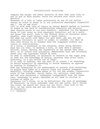
|
2025 apr 3

|
2025 mar 31

|
2025 feb 27
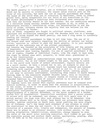
|
2025 jan 23
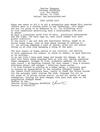
|
2025 jan 20

|
More... |
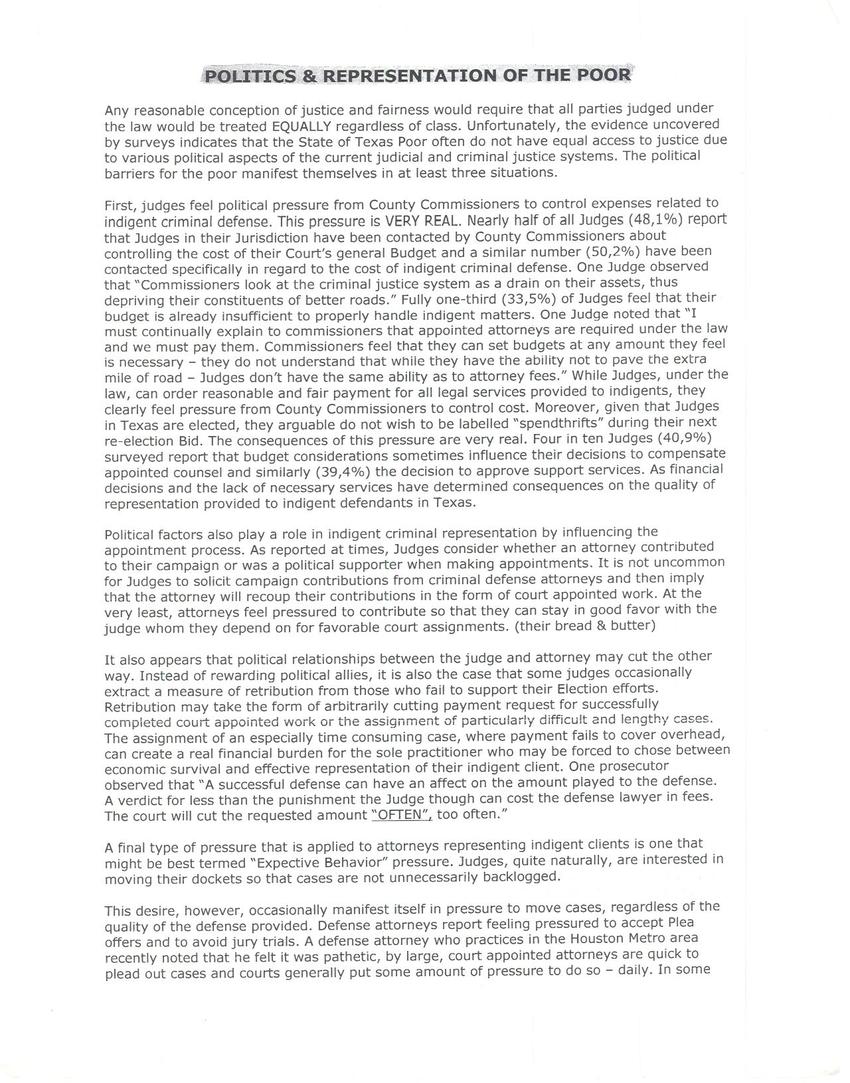
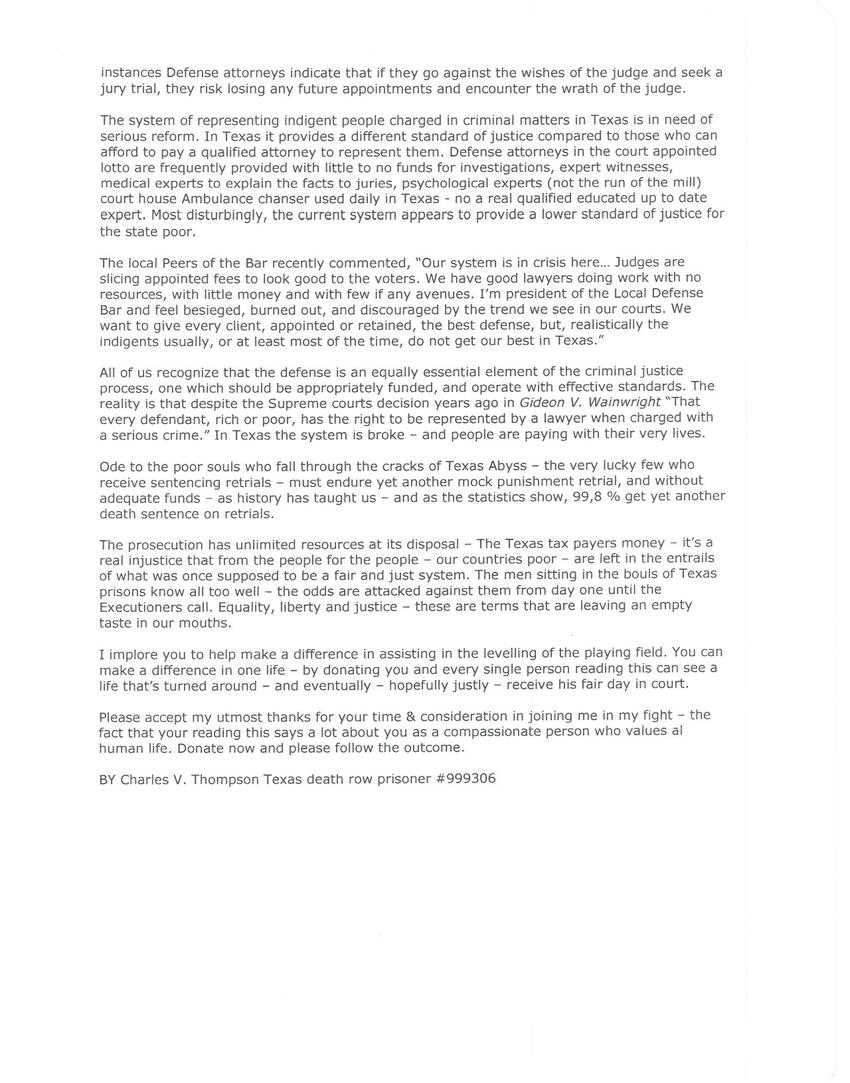

Replies